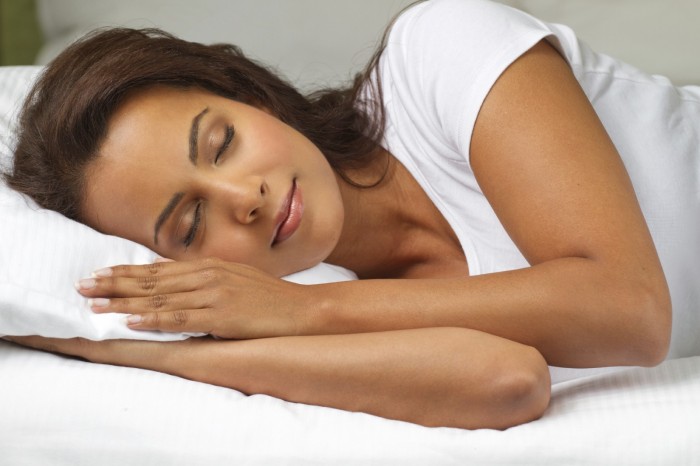How to sleep better tip 2: Naturally regulate your sleep-wake cycle
Melatonin is a naturally occurring hormone controlled by light exposure that helps regulate your sleep-wake cycle. Melatonin production is controlled by light exposure. Your brain should secrete more in the evening, when it’s dark, to make you sleepy, and less during the day when it’s light and you want to stay awake and alert. However, many aspects of modern life can disrupt your body’s natural production of melatonin and with it your sleep-wake cycle.
Spending long days in an office away from natural light, for example, can impact your daytime wakefulness and make your brain sleepy. Then bright lights at night—especially from hours spent in front of the TV or computer screen—can suppress your body’s production of melatonin and make it harder to sleep. However, there are ways for you to naturally regulate your sleep-wake cycle, boost your body’s production of melatonin, and keep your brain on a healthy schedule.
Increase light exposure during the day
- Remove your sunglasses in the morning and let light onto your face.
- Spend more time outside during daylight. Try to take your work breaks outside in sunlight, exercise outside, or walk your dog during the day instead of at night.
- Let as much light into your home/workspace as possible. Keep curtains and blinds open during the day, and try to move your desk closer to the window.
- If necessary, use a light therapy box. A light therapy box can simulate sunshine and can be especially useful during short winter days when there’s limited daylight.
Boost melatonin production at night
- Turn off your television and computer. Many people use the television to fall asleep or relax at the end of the day, and this is a mistake. Not only does the light suppress melatonin production, but television can actually stimulate the mind, rather than relaxing it. Try listening to music or audio books instead, or practicing relaxation exercises. If your favorite TV show is on late at night, record it for viewing earlier in the day.
- Don’t read from a backlit device at night (such as an iPad). If you use a portable electronic device to read, use an eReader that is not backlit, i.e. one that requires an additional light source such as a bedside lamp.
- Change your bright light bulbs. Avoid bright lights before bed, use low-wattage bulbs instead.
- When it’s time to sleep, make sure the room is dark. The darker it is, the better you’ll sleep. Cover electrical displays, use heavy curtains or shades to block light from windows, or try a sleep mask to cover your eyes.
- Use a flashlight to go to the bathroom at night. If you wake up during the night to use the bathroom—as long as it’s safe to do so—keep the light to a minimum so it will be easier to go back to sleep.




































Discussion about this post